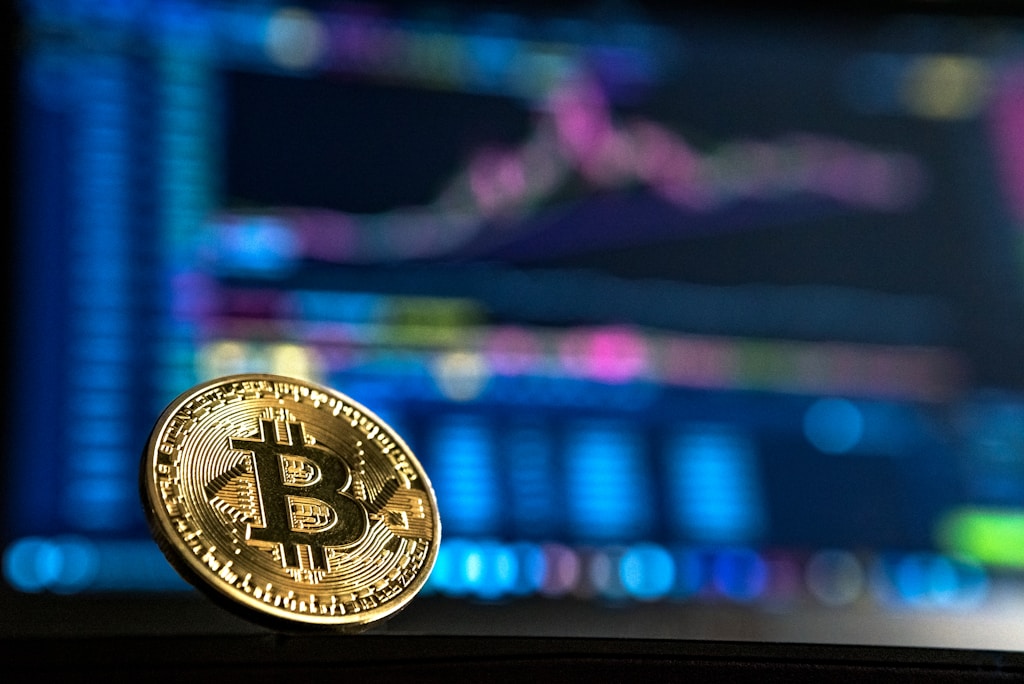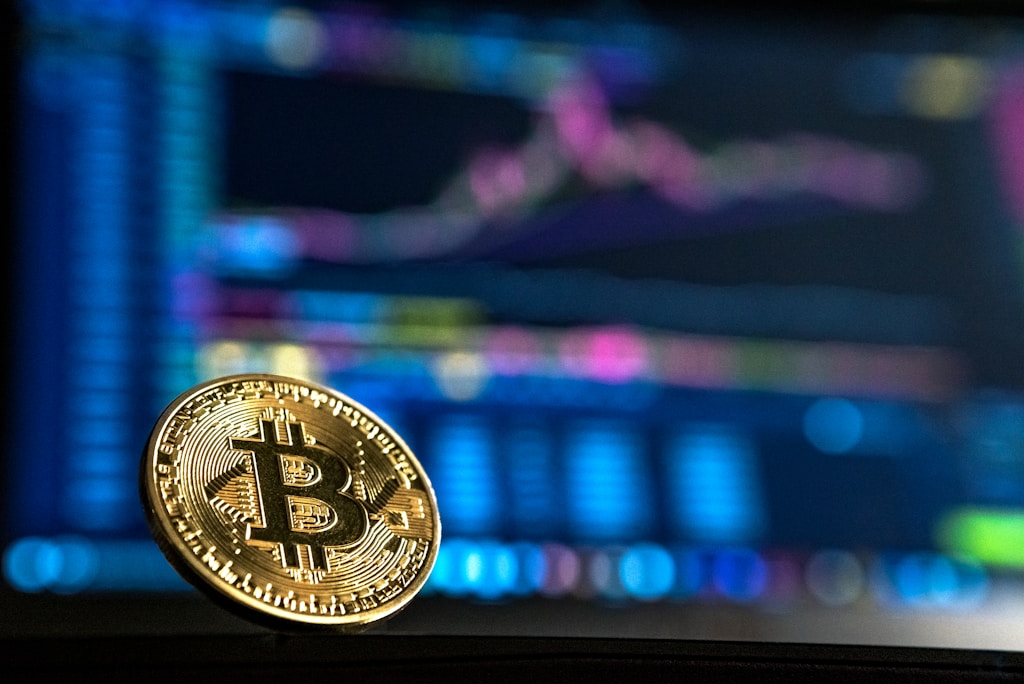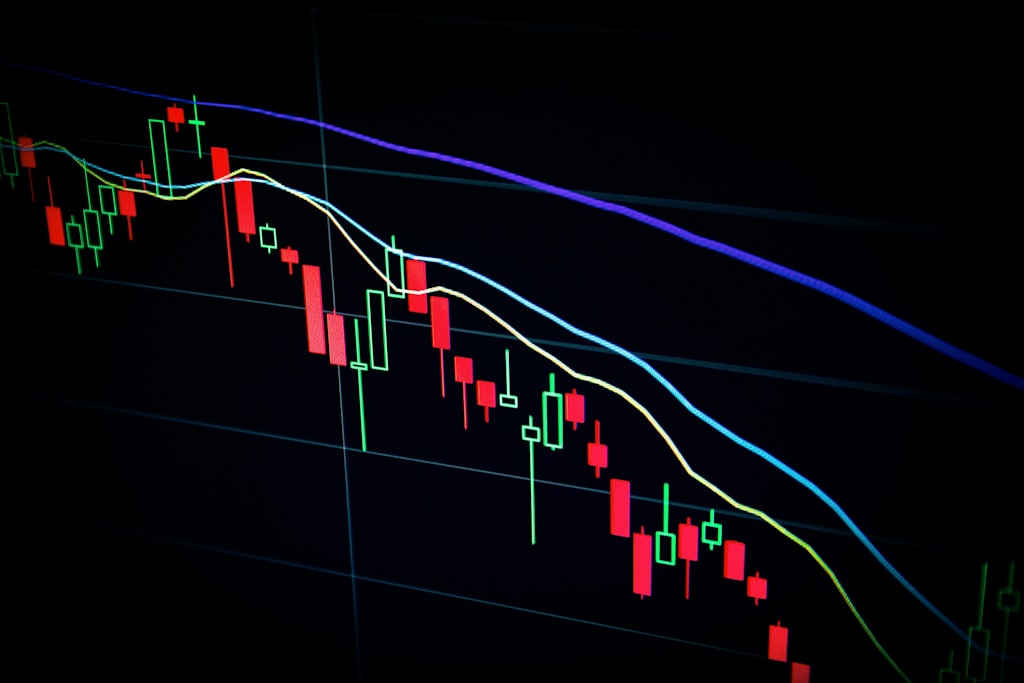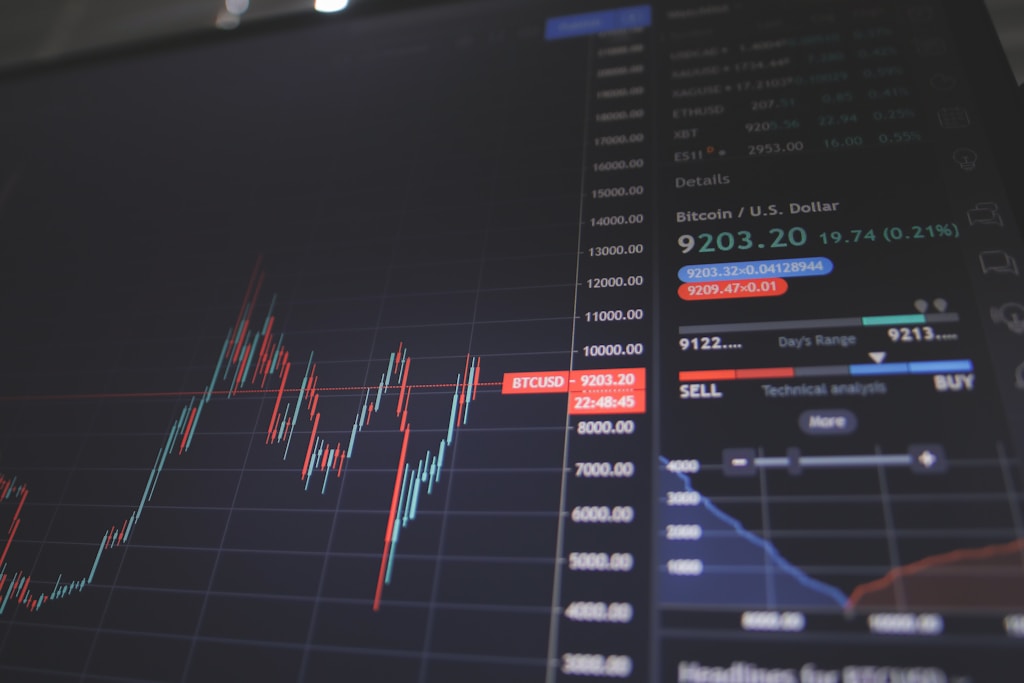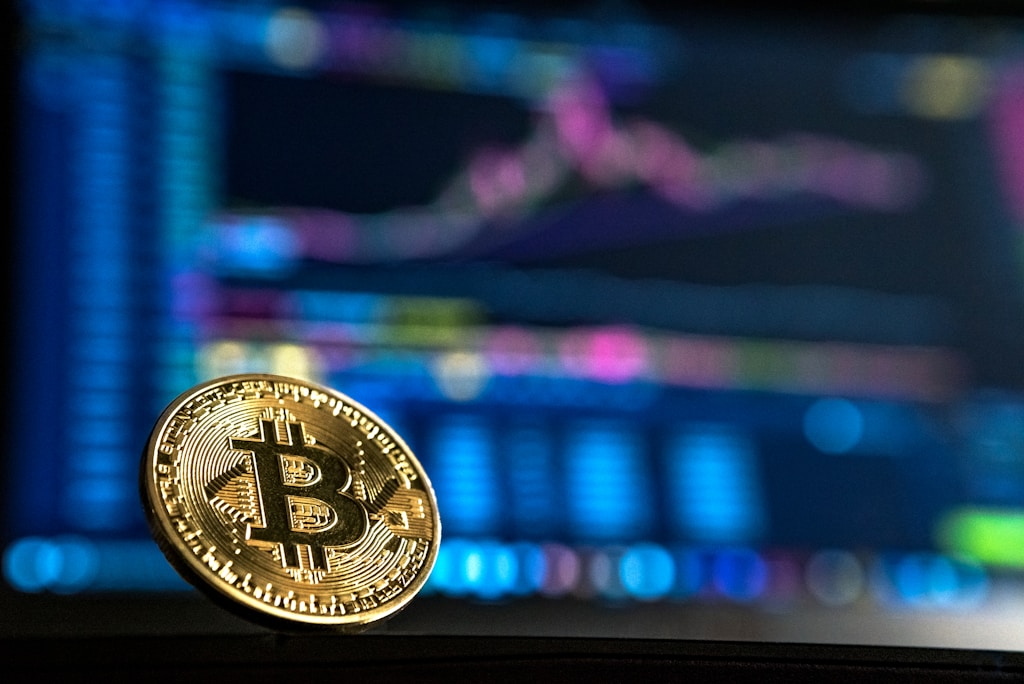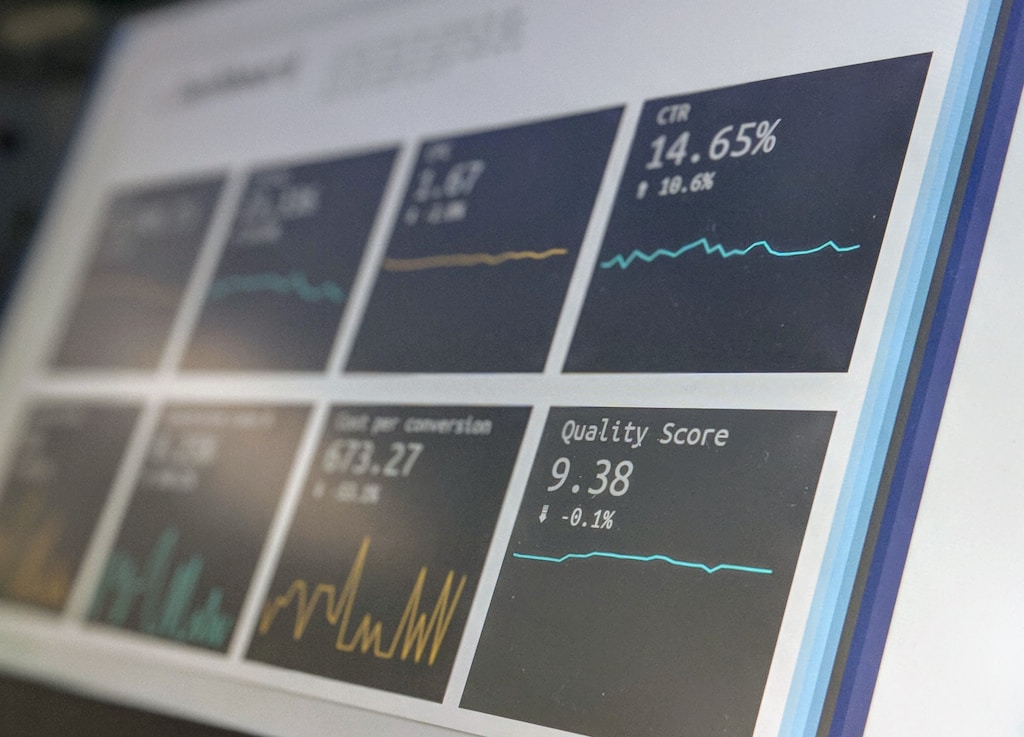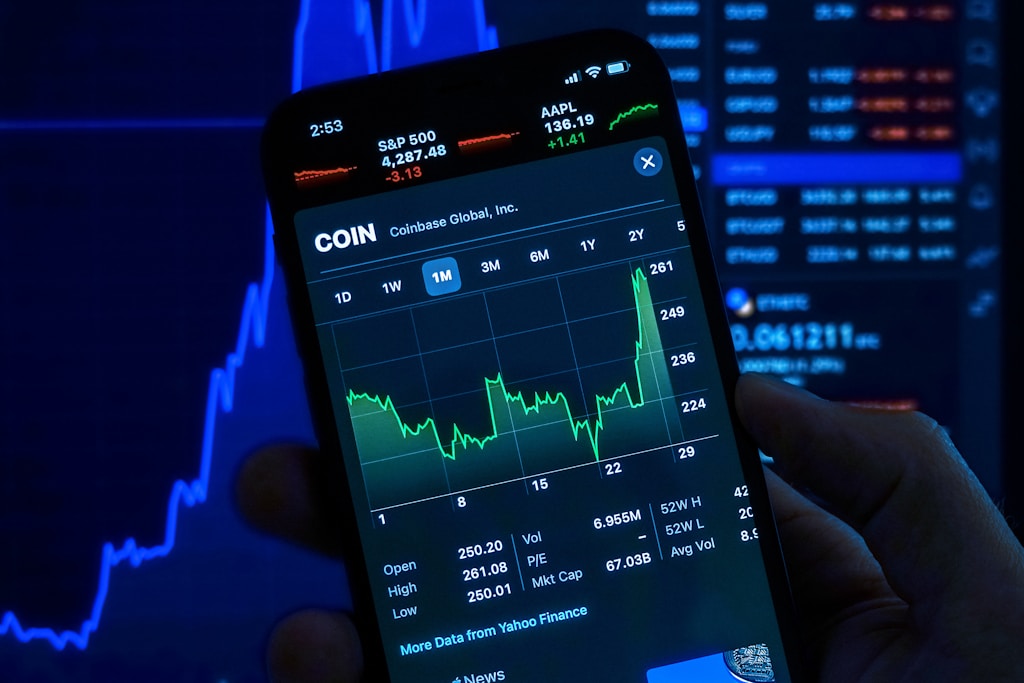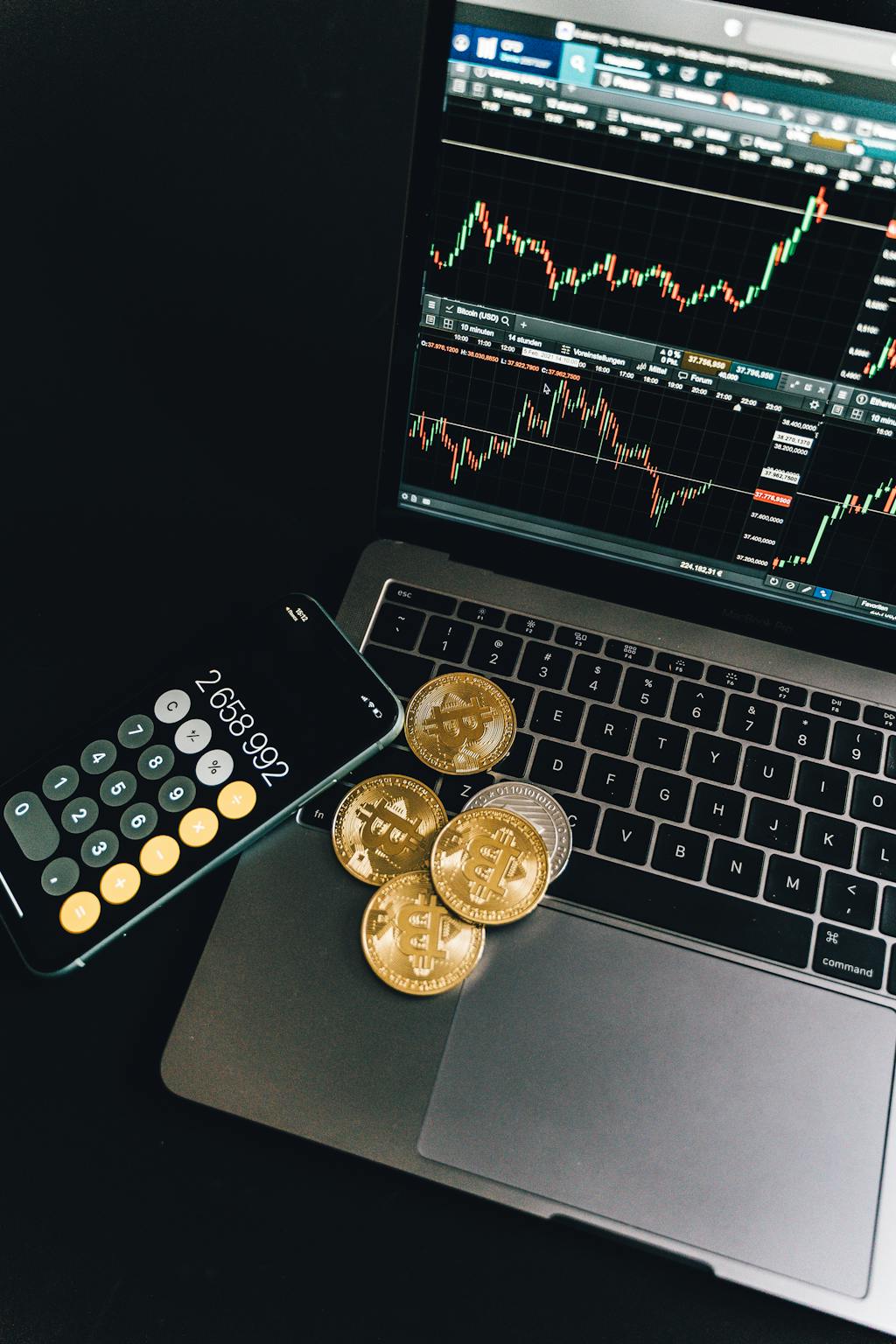In a groundbreaking development for institutional Bitcoin adoption, GameStop’s board has unanimously approved adding Bitcoin (BTC) to its treasury reserves, potentially allocating a portion of its substantial $4.8 billion cash holdings to the leading cryptocurrency.
This strategic move follows in the footsteps of other major corporations entering the Bitcoin treasury space, marking a significant shift in corporate finance strategy.
GameStop’s Bitcoin Strategy: A Closer Look
The video game retail giant’s decision triggered an immediate 6% surge in its stock price during extended trading, demonstrating strong investor confidence in the company’s crypto-forward approach. As previously analyzed, GameStop’s massive cash reserves could catalyze a broader wave of corporate Bitcoin adoption.
SPONSORED
Trade Bitcoin with up to 100x leverage and maximize your profit potential
Key Investment Details and Market Impact
Notable aspects of GameStop’s Bitcoin strategy include:
- No predetermined ceiling on Bitcoin purchases
- Potential use of future debt and equity issuances for BTC acquisition
- Integration of US dollar-denominated stablecoins in treasury operations
Risk Management and Financial Performance
While embracing Bitcoin, GameStop has acknowledged associated risks in its SEC filing. The company reported impressive Q4 results with $131.3 million in net income, more than double year-over-year. This coincides with Bitcoin’s recent breakthrough above $88,000, suggesting positive market momentum.
Frequently Asked Questions
How much Bitcoin could GameStop potentially purchase?
While no specific amount has been announced, GameStop has $4.8 billion in cash reserves, with a portion potentially allocated to Bitcoin investments.
What impact could this have on Bitcoin’s price?
Large corporate purchases typically reduce available supply and could contribute to price appreciation, especially given Bitcoin’s current market dynamics.
How does this compare to other corporate Bitcoin strategies?
GameStop’s approach mirrors MicroStrategy’s treasury strategy but potentially with a more measured initial approach and inclusion of stablecoins.
At press time, Bitcoin trades at $88,000, showing strong recovery from recent lows near $76,000, potentially influenced by this significant institutional development.
